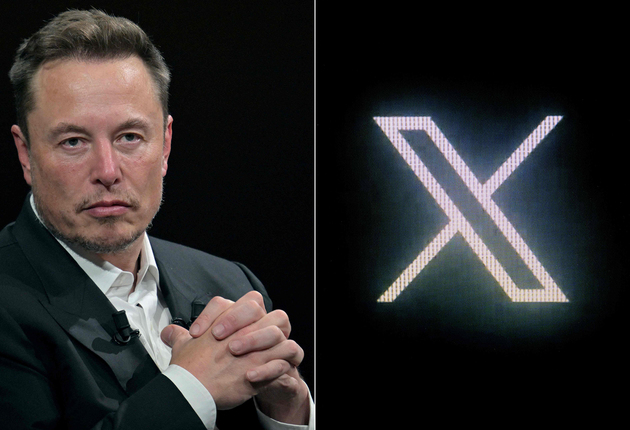
Photo/VCG
No. 1: Musk: AI and electric vehicle demand may put pressure on power and transformer supply next year
At the Q&A session of the closing ceremony of Bosch Connected World Conference held on March 1, local time, Musk said that "I have never seen faster technological progress than now". He warned that by 2025, the growth of artificial intelligence and electric vehicles may put pressure on the supply of electricity and transformers. Musk mentioned that electric vehicles have a huge demand for electricity and power infrastructure, including transformers, which is why Tesla is building a global supercharging network.
Commentary: Musk's prediction of a shortage of electricity and transformer demand next year is both a challenge and an opportunity for the entire AI and electric vehicle industry.
No. 2: Jensen Huang: AI may pass human test within 5 years
On March 1, Nvidia CEO Huang Renxun said that artificial general intelligence (AGI) may be possible within five years, according to some definitions. When asked at an economic forum at Stanford University how long it will take to create a computer that can think like a human, Huang said the answer depends largely on how the goal is defined. If the definition is to be able to pass the human test, then AGI will be coming soon.
Comment: If AI can pass the human test within 5 years, it will have a profound impact on the entire technology industry. Huang's prediction may stimulate more research and investment, and it may also bring ethical and social concerns.
No. 3: Apple iCloud accused of monopoly
A class action lawsuit recently filed alleges that Apple Inc. "manipulated the competitive landscape for cloud services" by unnecessarily restricting iPhones and iPads from storing certain files on its iCloud platform. According to the lawsuit filed in the U.S. District Court for the Northern District of California, only Apple's own cloud platform, iCloud, can host some data from Apple phones and tablets, including application data and device settings that users need to access when changing devices. The lawsuit alleges that this arbitrary practice "illegally" bundles Apple's mobile devices and iCloud together.
Commentary: This class action lawsuit could lead to a re-examination of the competitive landscape in the cloud services market, with implications for Apple and other cloud providers.
No. 4: OpenAI: Disagrees with Musk's lawsuit
According to an internal memo sent to company employees, OpenAI "strongly disagrees" with the lawsuit filed against it by Musk. Musk previously filed a lawsuit in San Francisco Superior Court against OpenAI and its CEO Sam Altman, alleging breach of contract. In the lawsuit, Musk alleges that Altman and OpenAI violated an agreement made when the artificial intelligence research company was founded to develop technology to benefit humanity rather than profit.
Commentary: This lawsuit could affect cooperation and trust between artificial intelligence research organizations. OpenAI needs to maintain its reputation while balancing technological development and commercial interests.
No. 5: Study finds a host protein that can inhibit HIV replication and infection
Researchers from Kyoto University, Miyazaki University and other institutions in Japan recently reported in the international journal "Cross Science" that they used bioimaging, proximity-dependent biotin labeling and other methods to analyze and find that a host cell CCHC-type zinc finger domain protein 3 (ZCCHC3) can enter virus particles and show an inhibitory effect on infection against retroviruses. This research result may help to develop new methods for controlling HIV.
Commentary: This research has the potential to improve HIV control methods, have a positive impact on the medical field, and reflect new progress and hope in the fight against HIV.
Disclaimer: The content and data in this article are for reference only and do not constitute investment advice. Please verify before using.


 川公网安备 51019002001991号
川公网安备 51019002001991号





